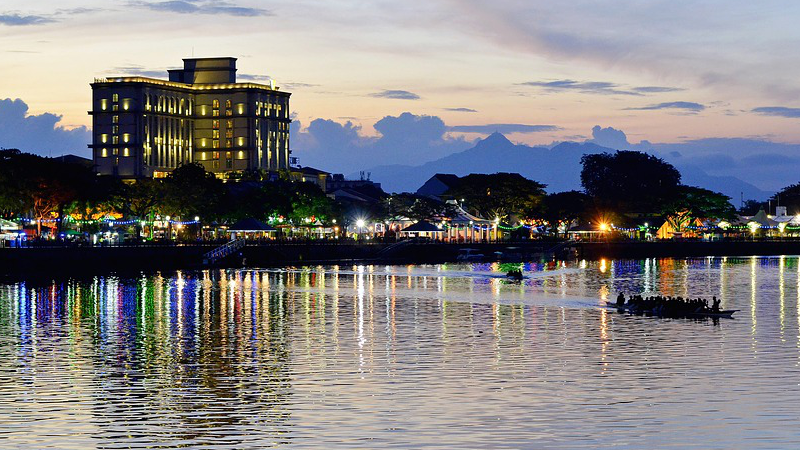

Sarawak, a state in Malaysia, is making significant strides in the green economy, as highlighted by Nobel Prize-winning economist Prof. Joseph Stiglitz. During the Sarawak Future Forum on October 10, 2024, Stiglitz praised the state's innovative approaches, including hydrogen production technologies, green ammonia, and sustainable aviation fuel (SAF) derived from microalgae. He emphasized that these initiatives position Sarawak at the global forefront of the green economy, noting that Malaysia, particularly Sarawak, faces fewer obstacles in transitioning to a sustainable future compared to countries like the US, primarily due to lesser vested interests in fossil fuels [be3f7d84].
Stiglitz encouraged collaboration between scientists and companies to further develop the green economy, highlighting the importance of innovation in achieving sustainability goals. He also commended Sarawak's establishment of a sovereign wealth fund aimed at benefiting future generations, advising that it should be utilized only in critical situations to ensure long-term sustainability [be3f7d84].
In a broader context, Malaysia is embracing a green transition under Prime Minister Anwar Ibrahim, focusing on sustainable transformation and economic growth through initiatives like the Ekonomi Madani Framework and the National Energy Transition Roadmap (NETR). The government is investing significantly in renewable energy, electric vehicles, and semiconductor industries, aiming for EVs to make up 80% of the total industry volume by 2050. This comprehensive strategy not only aims to boost economic growth but also to reduce the country's carbon footprint and align with global sustainability efforts [b7a5a2a8].
As Malaysia continues to develop its green initiatives, the collaboration between states like Sarawak and the federal government will be crucial in positioning the country as a leader in the global green economy. The commitment to sustainability and innovation reflects a growing recognition of the need for environmental responsibility in economic planning, ensuring that Malaysia can thrive in a rapidly changing global landscape [b7a5a2a8].